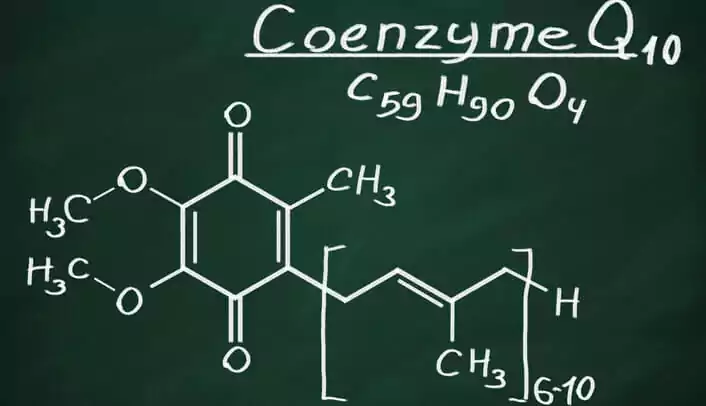PCOS test is based on the Rotterdam criteria for diagnosing PCOS.

Immunity
Coenzyme Q 10 (CoQ10) is a substance, which helps the body in converting food into energy. CoQ10 is an effective nutrient for boosting immunity because it is a natural anti-oxidant. It forms an important line of defense against the creation of too many free radicals in our body. If left uncontrolled, free radicals can damage the cells of our immune system.
Under normal circumstances, our body produces enough CoQ10 to meet its needs. However, a deficiency in CoQ10 occurs due to:
While the human body synthesizes CoQ10 naturally, you can also get it from external sources. Sources of CoQ10 include salmon, beef, chicken, peanuts, sesame seeds, strawberries, broccoli, cauliflower etc. Additionally, you can also opt for CoQ10 supplements. Consult your doctor to find out the required dosage of CoQ10 supplements for your needs.
Apart from CoQ10, there are a whole range of foods, which are useful for boosting the immune system. Read our article on immune system boosters to find more.
Benjamin Associates LLC. (2014). Free Radicals, Antioxidants, & The Immune System. Retrieved from Immune Disorders: https://immunedisorders.homestead.com/radicals.html
Folkers, K., Hanioka, T., Xia, L. J., Jr, J. T., & Langsjoen, P. (1991). Coenzyme Q10 increases T4/T8 ratios of lymphocytes in ordinary subjects and relevance to patients having the AIDS related complex. Biochem Biophys Res Commun., 786-91.
Folkers, K., Morita, M., & Jr., J. M. (1993). The activities of coenzyme Q10 and vitamin B6 for immune responses. Biochem Biophys Res Commun., 88-92.
Langsjoen, P. H. (2008, March 6). Introduction to Coenzyme Q10. Retrieved from Gibson Research Corporation: https://www.grc.com/sr6dev/misc/coq10/coenzyme%20q10.pdf
Prakash, S., Sunitha, J., & Hans, M. (2010). Role of coenzyme Q10 as an antioxidant and bioenergizer in periodontal diseases. Indian J Pharmacol, 334-337.
Ravaglia, G., Forti, P., Maioli, F., Bastagli, L., Facchini, A., Mariani, E., . . . Lenaz, G. (2000). Effect of micronutrient status on natural killer cell immune function in healthy free-living subjects aged ≥90 y. American Journal of Clinical Nutrition.
Sharma, H., & Clark, C. (1998). Free Radicals. In H. Sharma, & C. Clark, Contemporary Ayurveda. Edinburgh: Churchil Livingstone.